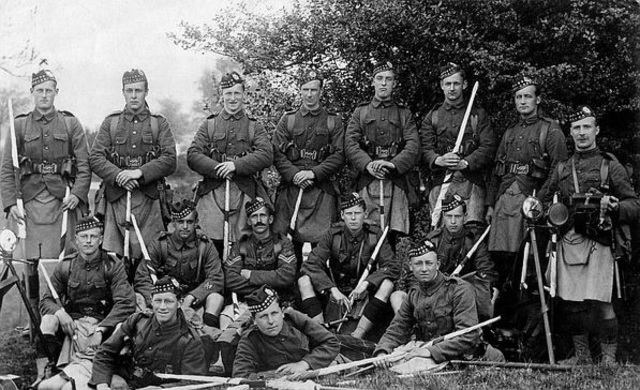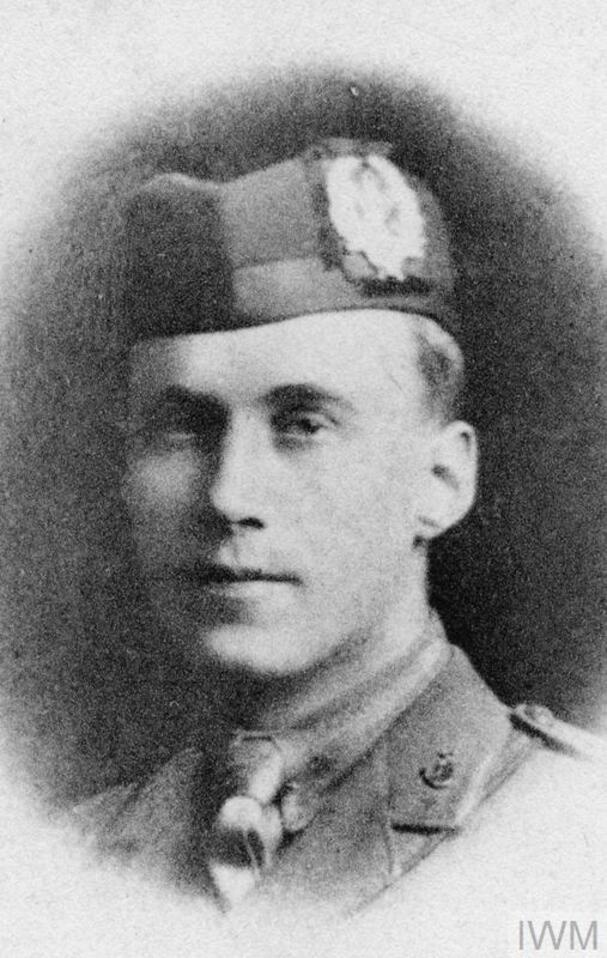Alexander Fleming Realized How Harmful Antiseptics Were During the First World War
Fleming, Leonard Colebrook, and Sir Almroth Wright joined the war effort during World War I and essentially relocated the entire St. Mary's Inoculation Department to the British military hospital at Boulogne-sur-Mer. As a Temporary Lieutenant in the Royal Army Medical Corps, he saw numerous troops pass away from sepsis brought on by infected wounds. Antiseptics were frequently used to treat wounds back then. Fleming noted that the widespread use of antiseptics was to blame for the deaths of many soldiers.
He described a brilliant experiment, which he was able to carry out thanks to his proficiency with glassblowing, in a 1917 article that was published in the medical journal The Lancet. Through this experiment, he was able to demonstrate why antiseptics were killing more soldiers than the infection itself during the war. In these circumstances, antiseptics appeared to remove protective agents created that protected the patients at least as effectively as they removed germs, but they did little to eradicate the bacteria that were out of reach in deep wounds, where they were more likely to hide from the antiseptic agent. Therefore, antiseptics killed both harmful and beneficial germs, which resulted in numerous fatalities.
Wright was a major proponent of Fleming's results, but throughout the war most army doctors continued to use antiseptics even when doing so made their patients' conditions worse because there were no other options.









